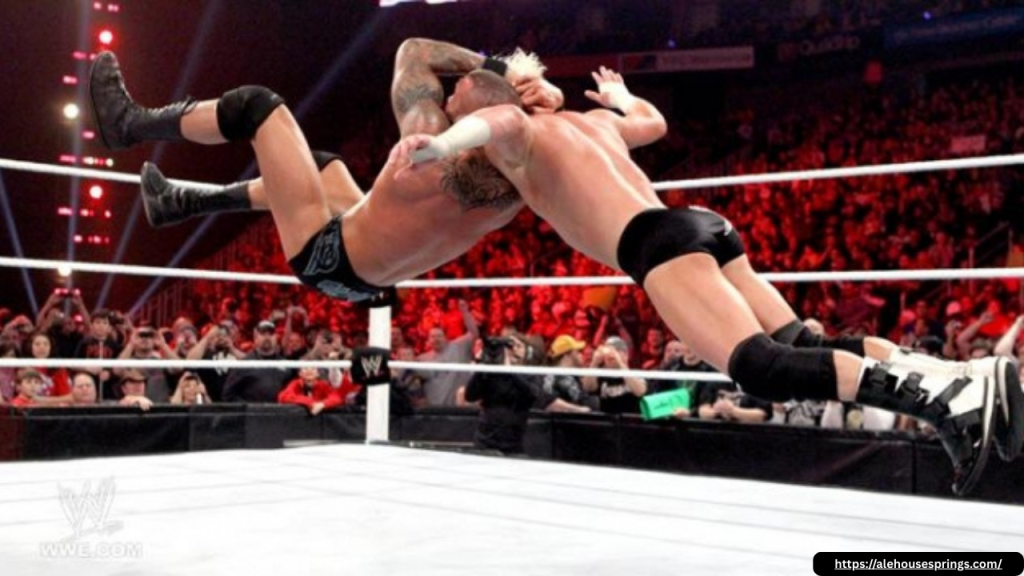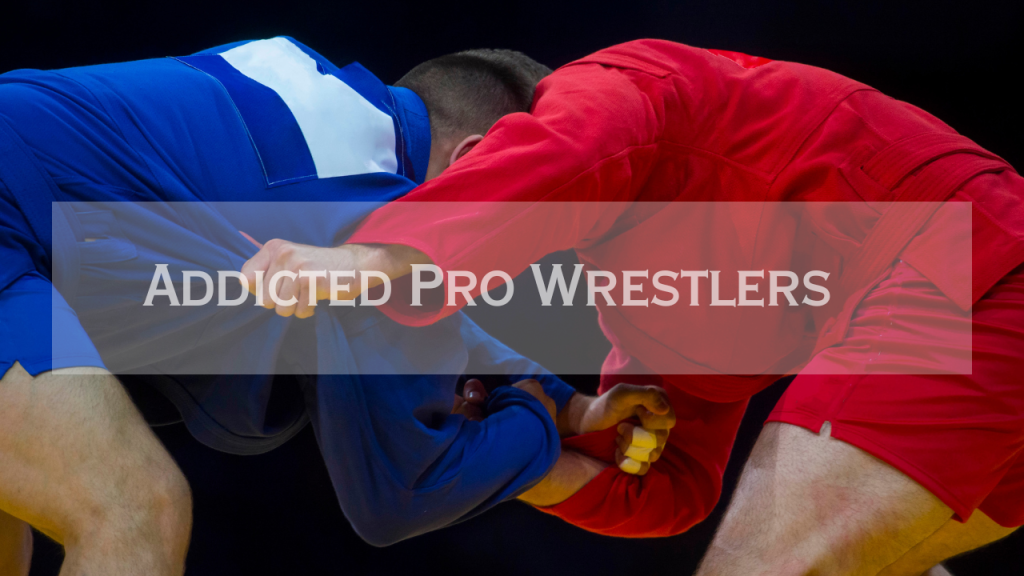
Professional wrestling is built on stories of struggle, resilience, and redemption—but some of the most powerful stories aren’t part of any scripted feud or championship match. They come from the real-life battles wrestlers face when the spotlight fades and the crowd goes quiet. Among these struggles, addiction has been a recurring foe. For many wrestlers, the fight outside the ring—against drugs, alcohol, and self-destruction—has been the hardest of their lives. Yet, through honesty, support, and sheer willpower, some have turned their darkest chapters into inspiring tales of recovery.
The demands of a wrestling career are relentless. Wrestlers perform in pain, travel constantly, and live with the pressure of entertaining millions while maintaining their physical peak. Over time, injuries mount and the wear and tear becomes unbearable. Painkillers and other substances often become part of the routine, a way to numb not just physical pain but emotional exhaustion. What starts as a necessity can quickly turn into dependency, and for many, the line between coping and addiction blurs all too easily.
One of the most notable stories of addiction and recovery in professional wrestling is that of Jake “The Snake” Roberts. Once known for his intense in-ring psychology and charisma, Jake’s life off-screen was plagued by substance abuse. He struggled with addiction for decades, and at one point, his health and reputation were in shambles. Many assumed his story would end in tragedy. But thanks to the help of fellow wrestler Diamond Dallas Page and a supportive community, Roberts entered a rehabilitation program, stayed sober, and rebuilt his life. His recovery was documented in the film The Resurrection of Jake the Snake, which not only chronicled his journey but also gave hope to others battling addiction.
Another powerful voice in the recovery narrative is that of Jeff Hardy. Known for his daredevil style and loyal fanbase, Hardy’s career has been repeatedly interrupted by substance abuse issues. After several suspensions and legal troubles, he has taken multiple steps toward sobriety, speaking openly about his struggles. His candidness has helped humanize the addiction issue in wrestling, showing that even fan-favorite heroes aren’t immune to real-world demons.
Female wrestlers, too, have faced similar challenges. Tammy “Sunny” Sytch, once considered one of WWE’s most popular personalities, battled with alcohol addiction and legal issues for years. While her journey has been complicated and at times controversial, her story reflects the often harsh realities of fame, addiction, and the long road to recovery.
Organizations like WWE and AEW have implemented wellness programs and offer support for talent battling addiction. These include access to rehabilitation facilities, therapy, and aftercare—resources that were once rare in the industry. Independent wrestlers, though, often lack the same support, making the role of peer mentorship and community-based help even more critical.
From the ring to recovery, these stories reveal the humanity behind the personas. They show that addiction doesn’t discriminate—but neither does hope. When wrestlers speak out and seek help, they not only save themselves but inspire countless others to begin their own journey to healing. In a world built on strength, perhaps the greatest show of power is the courage to recover.

Leave a Reply